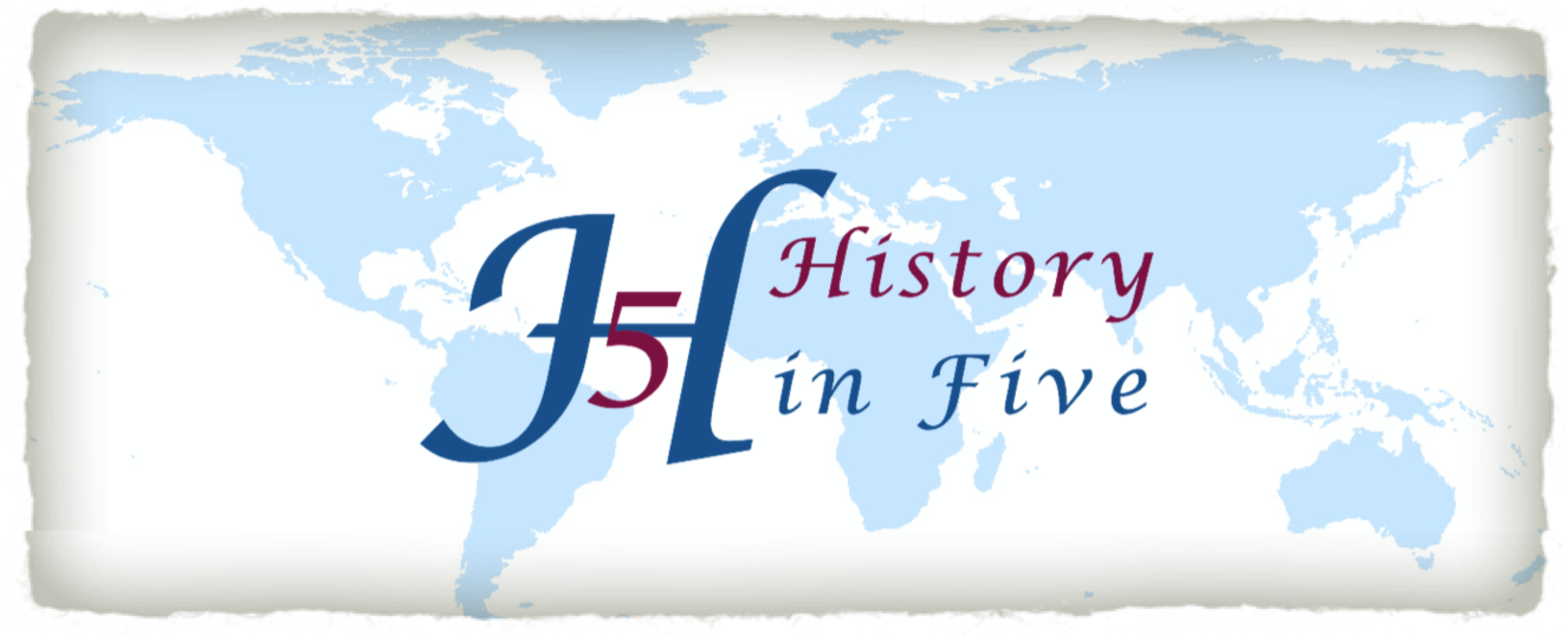Back to the video list: German History
The German middle class rose during the first half of the 19th century. The people aspired after more societal autonomy and national unity. The period, called the Vormärz, led to the German Revolution in March 1848.
Video
Overview
- Date: 1830 (1815) – 1848
- Location: German confederation
- Start: July Revolution in France (Congress of Vienna)
- End: March Revolution in Germany
Parties & Persons Involved
- Prince Klemens von Metternich (1773 – 1859)
- German Confederation (Deutscher Bund) as an instrument of restoration, led by: Austria & Prussia
- Liberal & national groups: Bürgertum (middle class citizens), Burschenschaften (student fraternities), singing societies…
Background
- Ideals of the French Revolution (1789-1799) & the Wars of Liberation (1813-1815)
- Wide spread liberal & national movements in the population of the German states
- Growing wealth & self-esteem of the Bürgertum (non-noble but well educated & situated middle class)
- Age of Metternich – Restoration of the monarchic social order after the Congress of Vienna
- Restrictions on cultural & political activities
- Liberal & national movements are forced to covert activities (student fraternities, gymnastics associations, singing societies
The German states experience a conflict between two poles:
- Strict governmental means to restore the old order
- Strong will to live in freedom in a unified German nation grows in the population
History
- From 1819: With the Carlsbad Decrees begins the persecution of liberal & national ideas
- From 1819: Liberals & nationalists meet in covert organisations such as cultural societies
- Jul 1830: July Revolution in France – Liberal forces expel the Bourbon monarchs from France for good
- From Jul 1830: Several German states face riots & ratify constitutions
- Aug – Sep 1830: The result of the Belgian Revolution is the national state of Belgium
- 28 May – 01 Jun 1832: Hambacher Festival – mass demonstration for national unity, freedom & sovereignty of the people
- From 1832: The monarchs intensify the measures of restoration & oppression
- 1840: The French demand the Rhine as Germany’s western border during the Rhine Crisis
- The will of the people to unity, justice & freedom grows & expresses itself in literature
- 26 Aug 1841: Hoffmann von Fallersleben writes the Song of the Germans (today: national anthem): “Einigkeit & Recht & Freiheit…”
- 1847: Failed harvest & famine in Germany
- 25 Feb 1848: The 2nd French Republic is pronounced during the February Revolution
- Mar 1848 – Jul 1849: March Revolution / German Revolution (Märzrevolution)
Consequences & Impact
- The March Revolution (Märzrevolution, 1848/1849)
- The ideas of Unity (German national state) & Justice (constitutional state) & freedom (individual rights) are firmly established within the German people & cannot be stopped in the medium-term
- The further rise of the Bürgertum (non-noble middle class) cannot be halted
